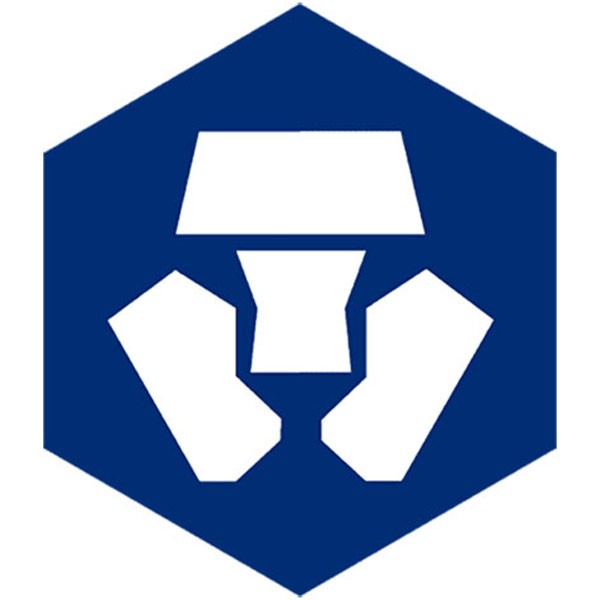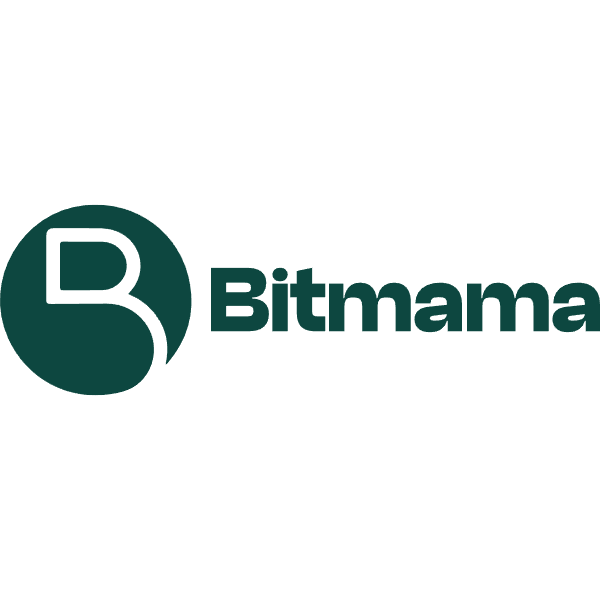🏢 company profile and basic information
name and nature
of the company
Full name: Trust Wallet
Abbreviation: Trust Wallet
The company is privately held and has been operating as a wholly-owned subsidiary product since it was acquired by Binance in 2018 pitchbook.com。
Background and Establishment
Trust
Wallet was founded in 2017 by Viktor Radchenko with the aim of providing cryptocurrency users with a secure, decentralized multi-chain wallet.
👥 Company Structure: Executives , Advisors & Shareholding Structure
executive background According to the public platform information, the core team includes: • Greg J. Principal Product Design • Shehram Khattak, General Counsel • Dmitry Kalita, Technical Lead, etc
linkedin.com
Other senior managers have little information, and the complete senior management lineup is not publicly disclosed.
Advisory Team
There is no publicly available information that Trust Wallet has an independent advisory committee or an external professional advisory team.
Entrepreneur Gou
The
founder and Binance founder Changpeng Zhao (CZ) are not the same person, and they have not disclosed the existence of a joint entrepreneurial background (such as early stage joint investment, etc.) between the two parties through public channels.
shareholding structure
In 2018, Binance acquired Trust Wallet, becoming its sole controller and parent company. Failure to disclose specific changes in shareholding ratio; Currently, the trust wallet is a wholly-owned product of Binance linkedin.com+2pitchbook.com+2tracxn.com+2en.wikipedia.org+1charlottestories.com+1.
🏢 sub-parent company
Trust Wallet itself is a product brand of Binance and does not register subsidiaries independently.
Parent company: Binance
sub-products: including Trust Wallet and its spin-off mobile and extended applications.
In addition, Binance, the parent company where Trust Wallet is located, includes multiple registered entities in France, the United Kingdom, the United States, etc., but Trust Walletเอง does not disclose the structure of a separate legal entity sub-parent company.
🚦 Business status
company is still active, and the team continues to update mobile and browser extensions.
The release of a professional open source version (GPL license) shows that the development community is active.
The mobile version is still being updated in various app stores (as of early June 2025), and there is no sign of downtime.
🏷 Company Classification and Market Positioning
Business Classification Trust Wallet is a software development company in the Web3 / blockchain field, focusing on cryptocurrency management products.
Market Segment
Targeting non-custody multi-chain crypto wallets and Web3 channel entrances:
supports more than 100 blockchains including Bitcoin, Ethereum, etc.,
involving crypto asset access, trading, DeFi, NFT and other functions stevenscenter.wharton.upenn.edu+13linkedin.com+ 13innreg.com+13
🔑 services, trading products and software
services
Multi-chain encryption, asset management
, encryption, local stablecoins, built-in purchase services
, built-in decentralized trading (Swap & DEX),
DeFi access functions (such as staking, earnings),
NFT collection and display functions
, browser extension implementation dApp access permission
support products and trading functions
Although it does not custodian user funds, it has built-in cooperation with platforms such as Binance, Simplex, and Chiliz to realize automatic calculation and operation of currency purchases, template replacements, and handling fees.
software form
mobile app (iOS/Android).
Browser extensions (Chrome, etc.)
are fully open source and licensed under the GPL, giving community contributors access to their GitHub source code.
💳 Deposit and withdrawal method
The
client wallet generates a key pair, and the user can:
use a QR code or address to receive assets
, and directly buy crypto assets through the associated exchange or additional purchase channels
Connect nodes to perform on-chain transactions through platform APIs, without third-party escrow.
Trust Wallet does not offer traditional fiat deposit accounts, but its partners support credit/debit card purchases and fiat onboarding.
☎ customer support system
official email support ([email protected]) Actively interact with Twitter accounts
Active community (Reddit, Telegram, etc.), Officials have not disclosed significant information about the human customer service hotline or local service team.
🛠 Core Technology & Infrastructure
multi-chain node integration: support asset management of multiple chains and ERC standards such as Celo and Polygon.
Open-source software architecture: GPL license, the community can view the SDK, interface source code and governance code
Security design: Generate a private key on the client side, use a cold/hot wallet storage mechanism, and the key does not leave the device.
Built-in smart contract invocation capability: on-chain operations, staking, and calling dApps are carried out in the wallet.
🏛 Compliance & Risk Control System
Trust Wallet itself is a non-custodial wallet and does not directly control user assets.
However, through the Binance ecosystem, the trading and buying part of the cryptocurrency is subject to KYC/AML requirements:
has an identity verification program in place, and the purchase of TWT and system-specific features is subject to KYC verification charlottestories.com+ 1legalnodes.com+1
accesses fiat currency channels or trading pairs through Binance's license compliance path, implying regulatory permission
In terms of regulatory information, Trust Wallet has not yet been found to have obtained a regulatory license number independently.
>
🌍 Regulatory information
- is
not a traditional VASP and does not hold user assets due to its non-custodial nature.
Some services (such as buying crypto assets, trading and buying crypto channels) use regulatory licenses held by Binance or partners, involving licensing bodies such as FinCEN and the European Economic Area in many countries fatf-gafi.org
Trust Wallet itself does not disclose its independent license and certificate number.
🎯 Core Competitive Advantage and Market Positioning
with more than 200 million users worldwide, with a user-friendly interface and diverse languages
It supports multiple chains, more than 1,000 assets and NFTs, suitable for diverse Web3 scenarios
Safe and non-custodial, the control of funds is always in the hands of users
, the community is open source and transparent, and the credibility of the enhanced technology
belongs to the Binance system and receives deep ecological resource support
🌟 Customer Support & Enablement
Solutions
mobile UI designed for Wallet to use
The community channel is active, using Reddit, Telegram, and Twitter
to embed learning content and help resources to help new users familiarize themselves with the basic wallet operations (seed phrases, on-chain transactions, dApps, etc.
⚖ Social Responsibility & ESG Practices
There are no publicly released ESG reports or social responsibility projects, but their overall values lean toward technology sharing, community empowerment, and decentralized security.
🤝 Strategic cooperation and ecosystem
as a Binance product, it directly integrates its trading and buying channels,
cooperates with third-party payment service providers (such as Simplex) to achieve global crypto buying convenience of 6sense.com+1linkedin.com+ 1en.wikipedia.org
supports mainstream dApp links and call interfaces in DeFi and NFT application ecosystems
📊 financial health
As a free software, Trust Wallet itself does not charge service fees, but it drives Binance's earnings through transaction fees and the ecosystem.
Standalone financial statements are not publicly disclosed, and internal valuations can be indirectly inferred through Binance's overall operating metrics.
🛣 future roadmap and development trends
The
official timeline has not been disclosed, but the directions speculated in combination with ecological news include:
Multi-chain compatibility enhancements: Expand more EVM and non-EVM chains to support
DeFi Enhancements: Introduce more yield strategies, built-in lending, and liquidity aggregation
privacy solutions: Integrate cryptographic or ring signature technologies (such as Tornado Cash-type privacy tools)
Security optimizations: increase hardware wallet support, introduce multi-signature optionsEducation
investment: improve the Web3 on-chain experience for new users, and guide newcomers to use classification tools












